PROGRAMME 2024
19:00pm in Niessen Cinemas
MONDAY 9 
 Those Next to Us
Those Next to Us
Title: Those Next to Us
Direction: Bernhard Hetzenauer
Duration: 30´
Subject: Migration
Country of production: Mexico, Austria, Germany, Switzerland
Original language: Spanish
![]()
Germán López Rosales, from Mexico, recounts his experience during a human smuggling operation from the border city of Laredo, Texas, to San Antonio. Locked in a tractor-trailer, eight of the 39 immigrants died that day next to Germán from the extreme heat and lack of water. Two others died later in the hospital. Distant wide-angle shots of Texas suburbs and highways and the film’s slow editing rhythm help place Germán’s testimony at the center of the film.
 Indarkeriaren Oi(h)artzunak
Indarkeriaren Oi(h)artzunak
Title: Indarkeriaren Oi(h)artzunak
Direction: Amaia Merino, Ander Iriarte
Duration: 60´
Subject: Political violence
Country of production: Spain
Original language: Spanish, basque
![]()
Forty years after ETA kidnapped her family and the State tortured and murdered her father, Tamara Muruetagoiena throws herself into the indefatigable search for the truth and justice, while personally telling us about her family tragedy: the revolutionary tax, the fact of her 17-day kidnapping by ETA, her family’s falling apart, the State harassment and the political pressure they suffered, the trial, the arrest of her father and mother, the torture endured, the murder… but also her own path, that of knowing the truth and recognising it and of the use of dialogue as the principal means of resolving conflicts.
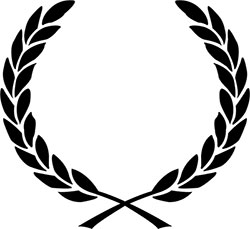
Audience Award “Ion Arretxe” for Best Feature Film
TUESDAY 10 
 Zona Wao
Zona Wao
Title: Zona Wao
Direction: Nagore Eceiza
Duration: 25´
Subject: Ecology
Country of production: Spain
Original language: Spanish
![]()
For more than 50 years, national and international oil companies have been extracting oil from the Amazon with the greatest biodiversity on the planet, threatening the lives of indigenous communities with the complicity of the Ecuadorian Government. They are the so-called: Sacrifice zones.

- Juanmi Gutiérrez Laboratory Grand Prize
- Audience Award “Ion Arretxe” for Best Short/Medium Film
 Emilia
Emilia
![]()
Title: Emilia
Direcrion: Rafa Arroyo
Duration: 20´
Subject: Migration
Country of production: Spain
Original language: Spanish
![]()
The fractures in the reception system of the Spanish State leave thousands of undocumented immigrants on the streets every year when they reach the age of majority. Emilia Lozano, an unwavering activist for human rights and the feminist movement, in her ongoing struggle for social justice, redefines the concept of family for many of them through love, empathy, and solidarity.
 La caravana
La caravana
![]()
Title: La caravana
Direction: Núria Clavero, Aitor Palacios
Duration: 72´
Subject: Migration
Country of production: Spain, Mexico
Original language: Spanish
![]()
Eight months pregnant, Yuri, her son Santi, and her partner Mike, flee Honduras with the first migrant caravan. Determined to give birth in the United States, they escape the poverty and violence that proliferates South America along with 7,000 others. Full of hope, they face a dangerous journey of 5,000 kilometers to reach one of the most heavily defended borders in the world.
WEDNESDAY 11 
 Puzzleak
Puzzleak
Title: Puzzleak
Direction: Kote Camacho
Duration: 15´
Subject: Sexuality
Country of production: Spain
Original language: Basque
![]()
A young woman, upon discovering that certain images from when she was young are circulating on the Internet, of which she had no notion, is forced to reconstruct hard moments of her life, which her mind had covered up. She has no choice but to face the situation.
 Azadi
Azadi
Title: Azadi
Direction: Lily-Eileen Baker Föhring, Juan Luis Ortega Navarrete, Luciana
Duration: 21´
Subject: Feminism
Country of production: Spain
Original language: Farsi
![]()
Sarah, an Iranian woman banned from her own country, participates from afar in the women’s liberation movement. Through phone calls, she speaks with her loved ones and learns about the harsh reality of the conflict in Iran.
 Donde vamos a vivir
Donde vamos a vivir
Title: Donde vamos a vivir
Direction: Georgina Cisquella
Duration: 60´
Subject: Dwelling
Country of production: Spain
Original language: Spanish
![]()
In evictions, in neighbourhood assemblies, women are always at the forefront. They are the most vulnerable, but also the most activist when it comes to defending a roof over their family’s head. They are the protagonists of the film, shot over three years in Madrid. The documentary follows the social movements fighting for the right to decent housing and denounces the serious consequences of the mortgage crisis, the abusive increase in rents, the control of the market by vulture funds and the lack of public housing.
THURSDAY 12 
 16060 egun
16060 egun
Title: 16060 egun
Direction: Iñaki Alforja, Iban Toledo
Duration: 22´
Subject: Armed conflicts
Country of production: Spain
Original language: Basque
![]()
In 1980, the Spanish Basque Battalion group kidnapped and made Jose Miguel Etxeberria disappear. His brother Eneko was 15 and has been searching for his body for 44 years. A police mercenary has given information that locates the body in an oak grove near the French town of Mont de Marsan. Eneko. Could it be true? This documentary raises questions: How long would you look for the body of a family member? When hope is lost?

Special mention
 Las que sobrevivimos
Las que sobrevivimos
![]()
Title: Las que sobrevivimos
Direction: Itxaso Díaz
Duration: 25´
Subject: Feminism
Country of production: Spain
Original language: Suahili
![]()
Six intertwined life stories that exemplify the strength and determination of these survivors to defend their dignity, overcome and rebuild their lives. Six stories that challenge us to take forceful and effective measures to eradicate sexual violence, which women and girls experience systematically in war contexts. Because given the impunity of the aggressors, brutality settles in society and becomes part of everyday life. How long will we allow this to continue to happen?
 Aamelat. Jornaleras de la guerra
Aamelat. Jornaleras de la guerra
![]()
Title: Aamelat. Jornaleras de la guerra
Direction: Eva Parey
Duration: 60´
Subject: Feminism
Country of production: Spain
Original language: Arabe
![]()
Since the outbreak of the war in Syria there are women refugees who have spent years working as day laborers in the Bekaa Valley under exploitative conditions. Her newborn daughters upon entering Lebanon also work in the fields to this day. Their future it’s uncertain. They cannot prosper in Lebanon because it does not recognize them as nationals, nor their refugee status or protect their basic rights. They cannot return to Syria while there is war. “Aamelat. Day Laborers of War” exposes the survival situation experienced by these Syrian women and girls who are refugees in informal settlements on the outskirts of Bar Elias and puts de media spotlight on it to unveil their reality. An author documentary that narrates their life conditions and their power of resilience.
FRIDAY 13 
 Is this the mansion I will live in?
Is this the mansion I will live in?
Title: Is this the mansion I will live in?
Direction: Rafaelle Fillastre
Duration: 6´
Subject: Sexuality
Country of production: Belgium
Original language: English
![]()
The safest LGBTQ+ countries in Europe’ into Google, and Belgium pops up at the top. For many queers who are about to be forcedly displaced from their country of origin, this becomes a determinant in the decision-making of where to go. However, contrary to the internet portrayal, the reality for LGBTQ+ asylum seekers in Belgium often starts with discrimination and oppression, sometimes even more severe than what they had been experiencing before.
 El caso Freytter
El caso Freytter
![]()
Title: El caso Freytter
Direction: Tonio Hecker
Duration: 85´
Subject: Political violence
Country of production: Spain
Original language: Spanish
![]()
After 17 years in exile, Jorge Freytter Florián returns to Colombia to investigate the murder of his father. Professor, lawyer and trade unionist Jorge Adolfo Freytter Romero was kidnapped in Barranquilla on 28 August 2001 and found dead a day later with signs of torture. The circumstances and reasons for his murder remain unclear and the search for the truth will take us to the darkest sides of Colombia’s history.
SUNDAY 15 
18:00pm in Niessen Cinemas
 AWARDS DELIVERY AND SCREENING OF WINNING SHORT SHOTS
AWARDS DELIVERY AND SCREENING OF WINNING SHORT SHOTS
 OUT OF COMPETITION:
OUT OF COMPETITION:
 Los cayucos de Kayar
Los cayucos de Kayar
Title: Los cayucos de Kayar
Direction: Álvaro Hernández Blanco
Duration: 29´
Subject: Migration
Country of production: Spain
Original language: Spanish
![]()
Álvaro Hernández Blanco, winner of the Juanmi Gutierrez Grand Prize at the 1st Errenteria Documentary and Human Rights Film Festival, presents the result of the Festival’s consultancy. After 15 years in Spain as an immigrant, Thimbo visits his Senegalese fishing village, where he is overcome by mixed feelings of nostalgia and uprootedness, longing and regret. He also has to deal with the dangerous influence he exerts on the young people of the village, who see him as an example to be followed and seek to emulate him with a very dangerous journey in a dinghy.
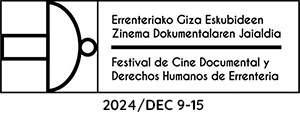
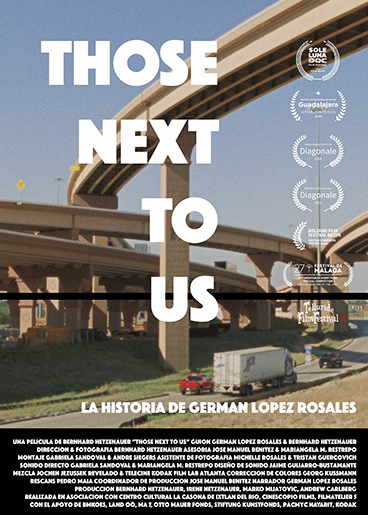
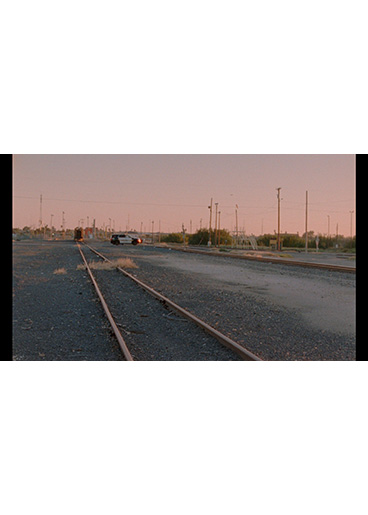
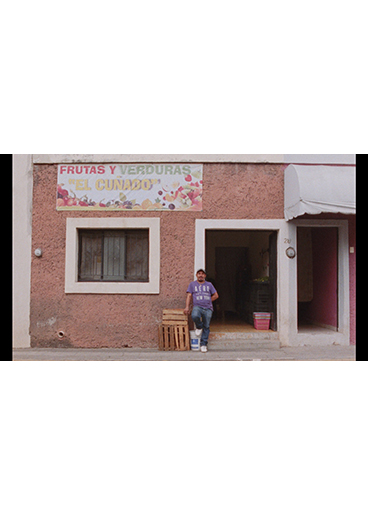
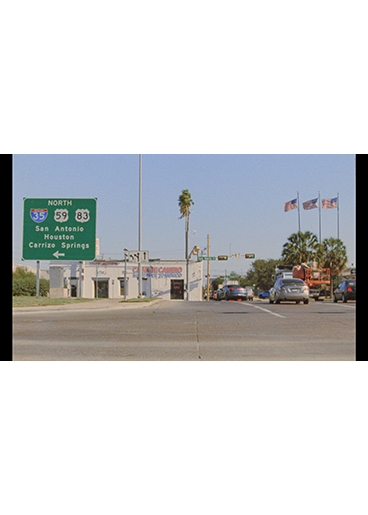
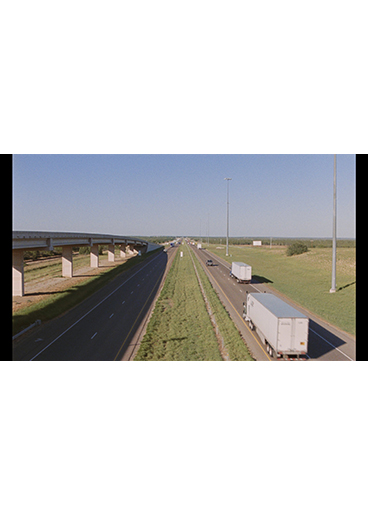
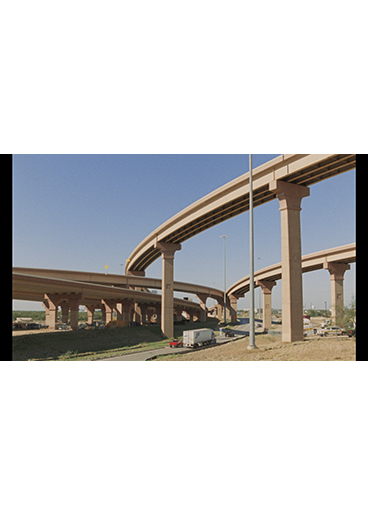
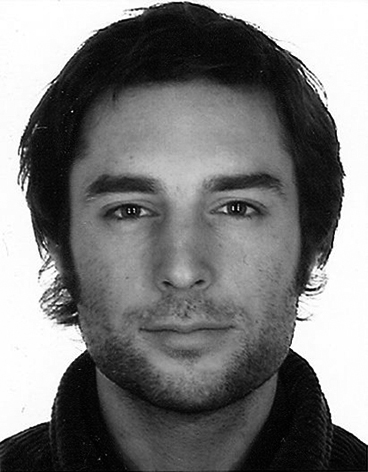 Bernhard Hetzenauer
Bernhard Hetzenauer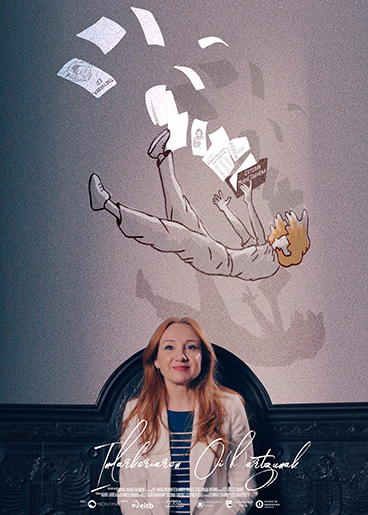
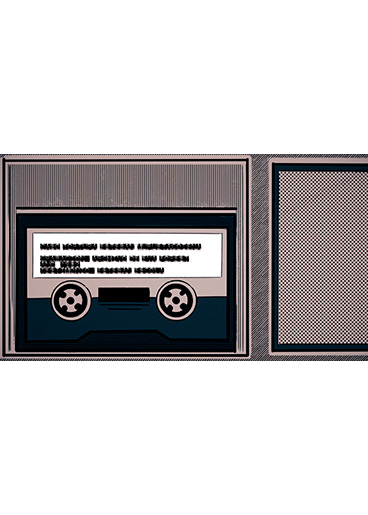
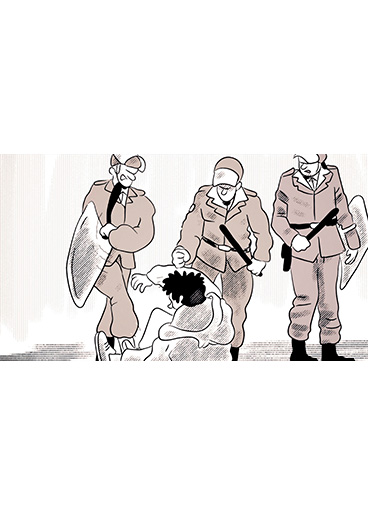

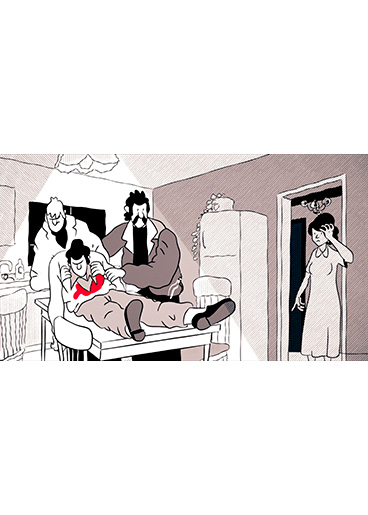
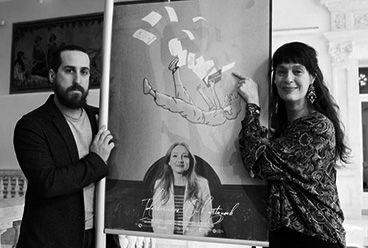 Amaia Merino, Ander Iriarte
Amaia Merino, Ander Iriarte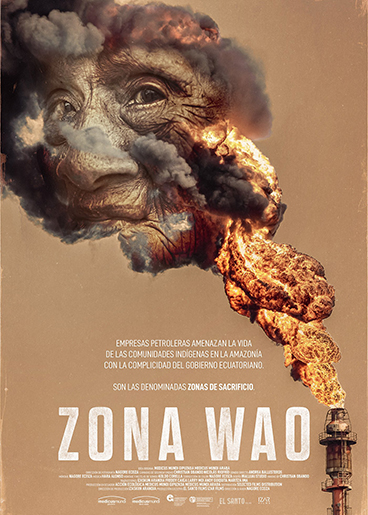
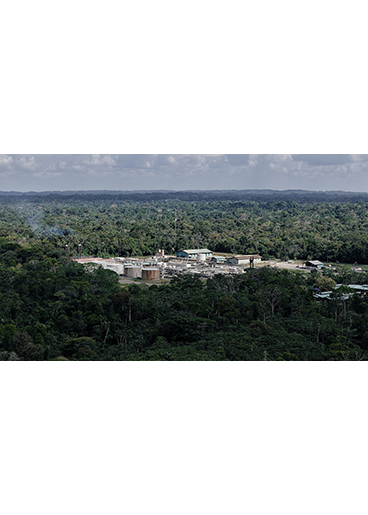
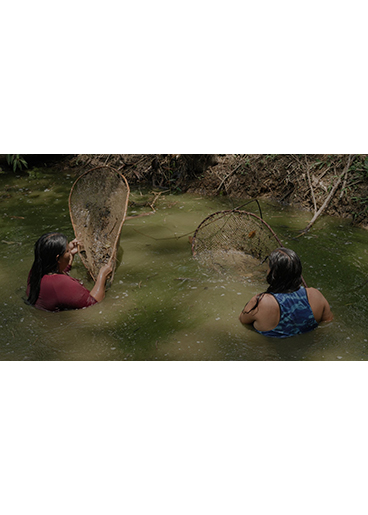
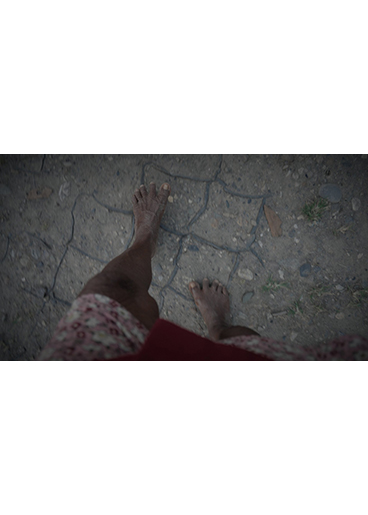
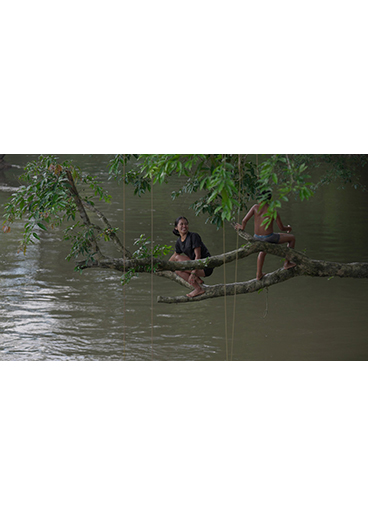
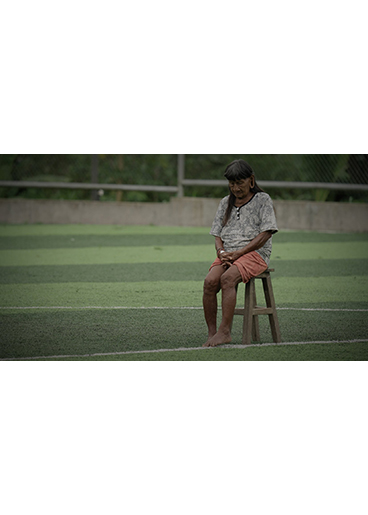
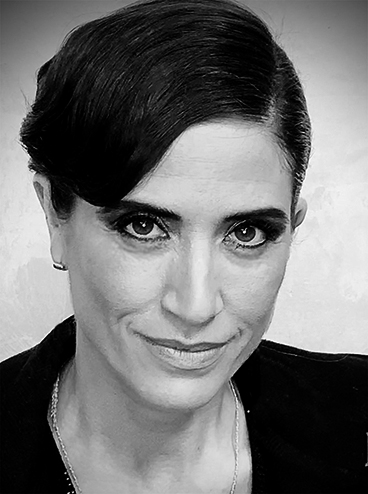 Nagore Eceiza
Nagore Eceiza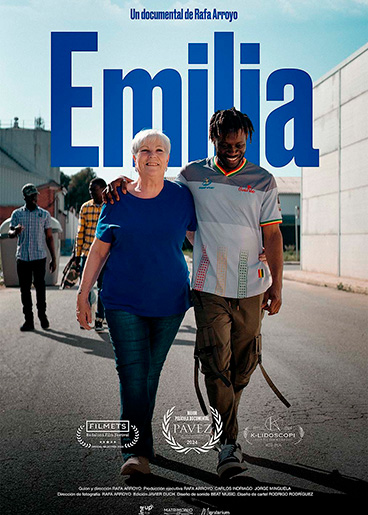
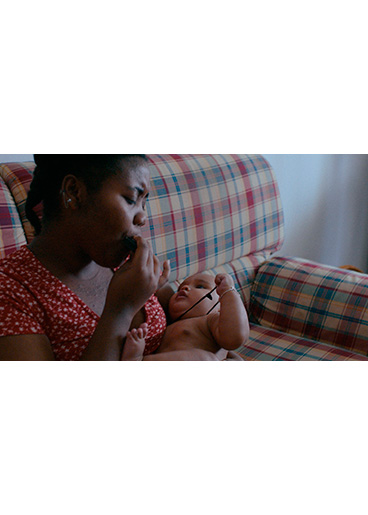
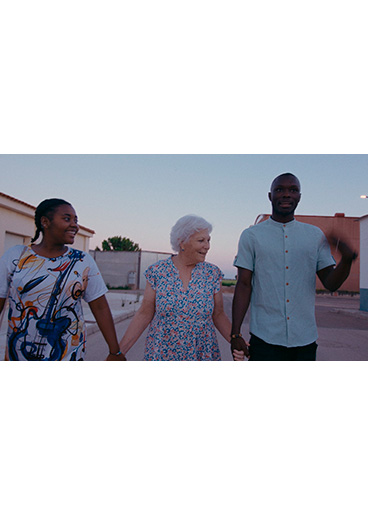
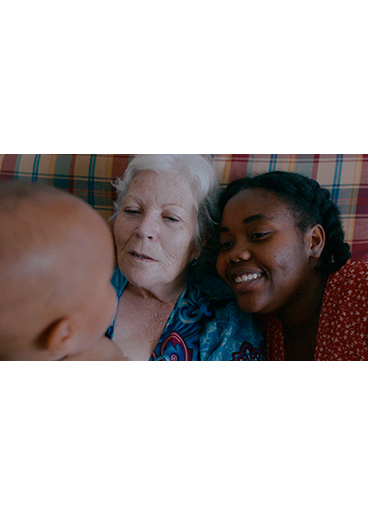
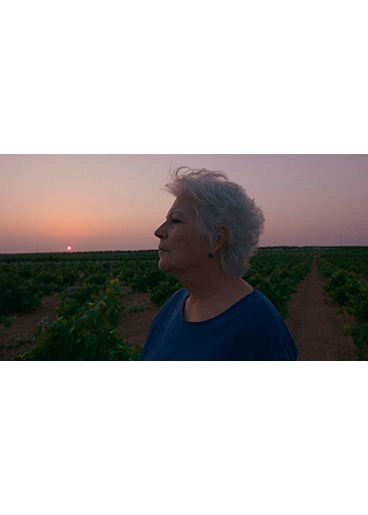
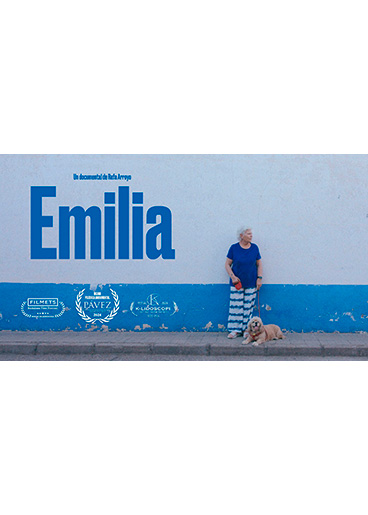
 Rafa Arroyo
Rafa Arroyo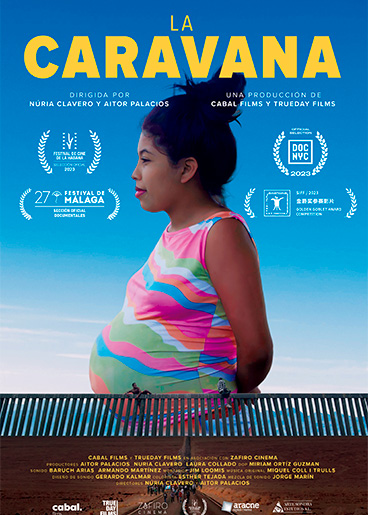
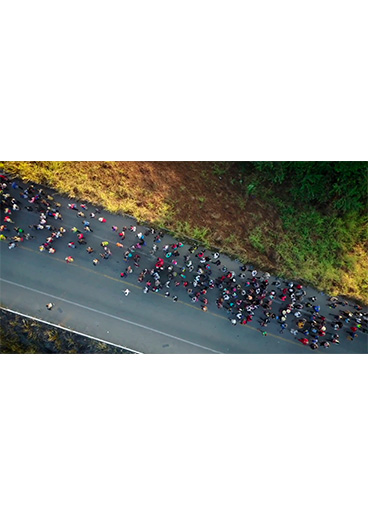
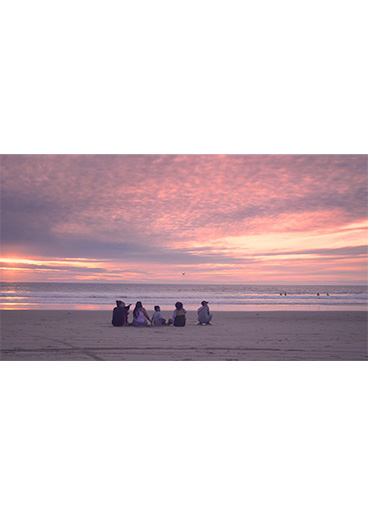
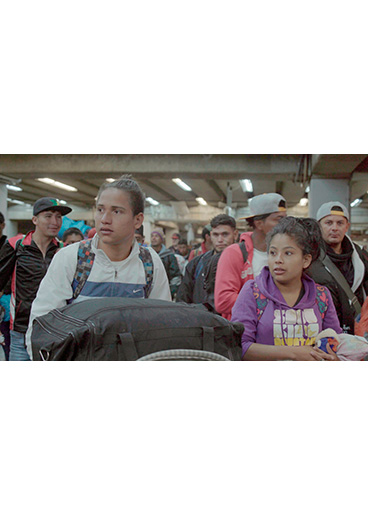
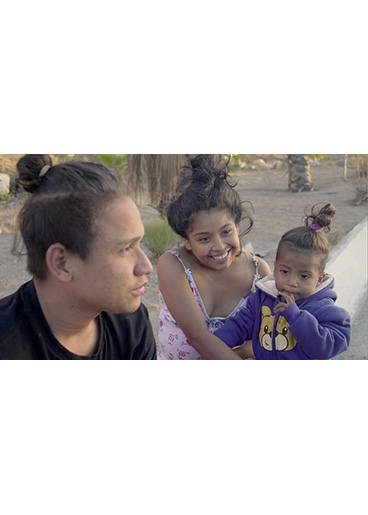
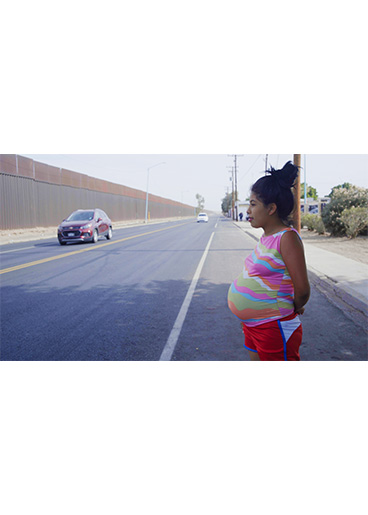
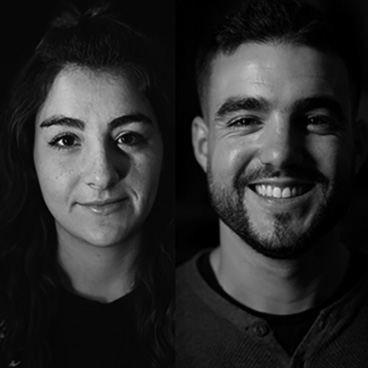 Núria Clavero, Aitor Palacios
Núria Clavero, Aitor Palacios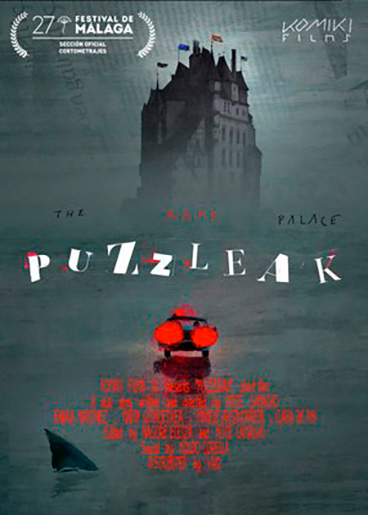
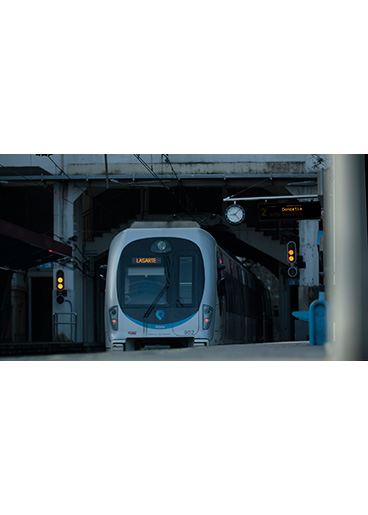
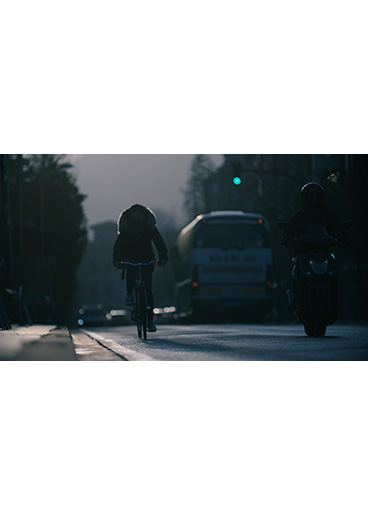
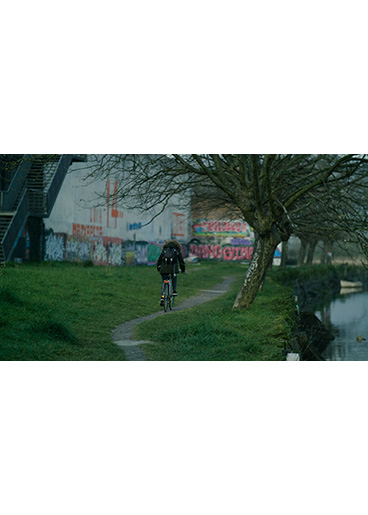
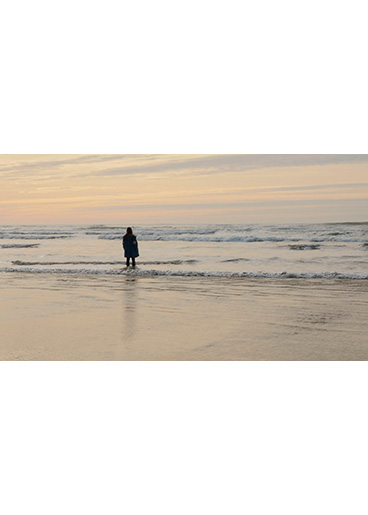
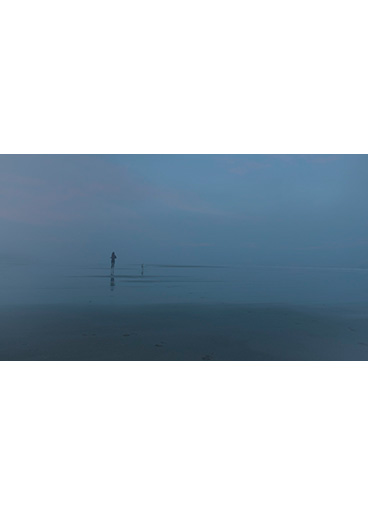
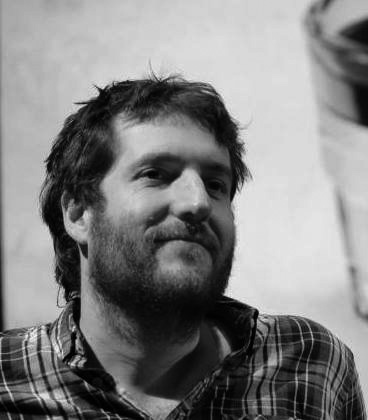 Kote Camacho
Kote Camacho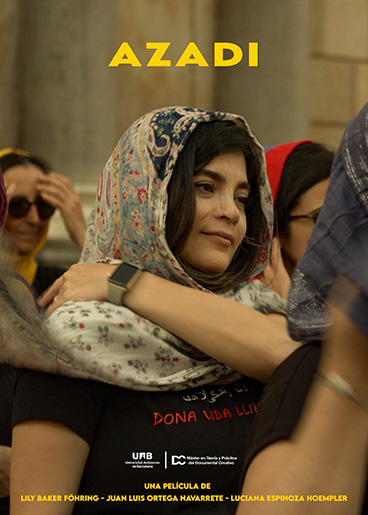
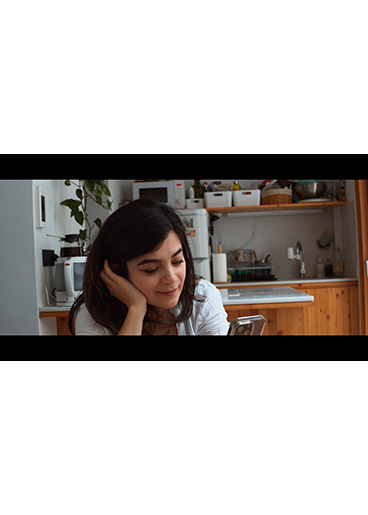
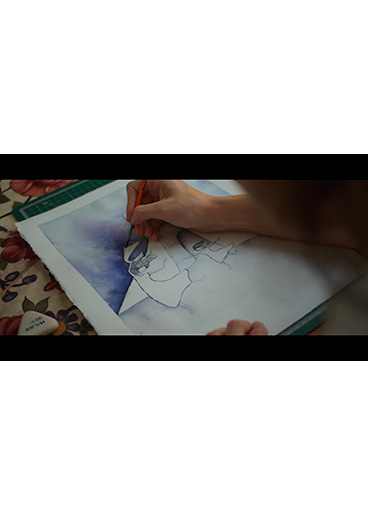
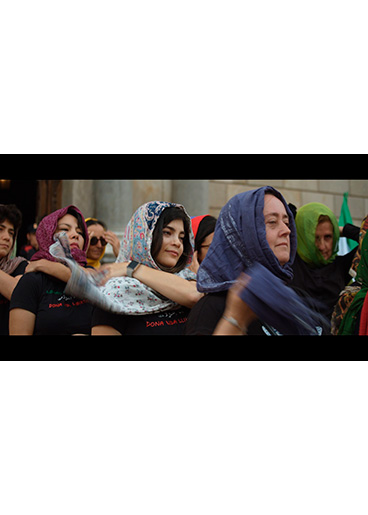
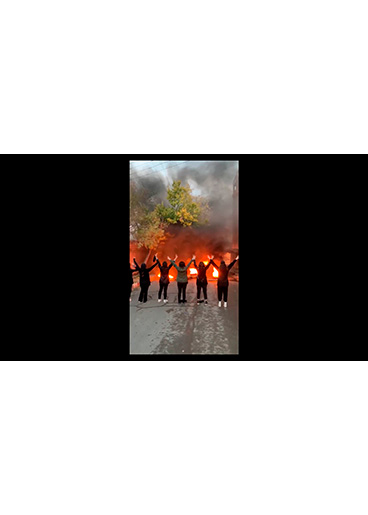
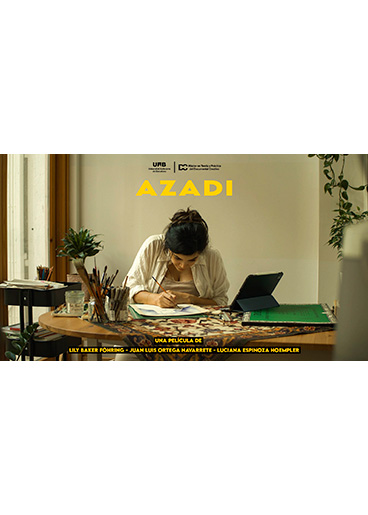
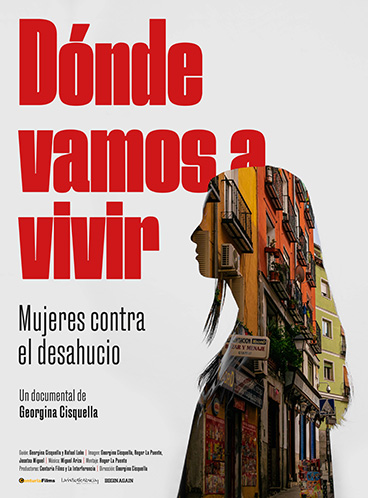
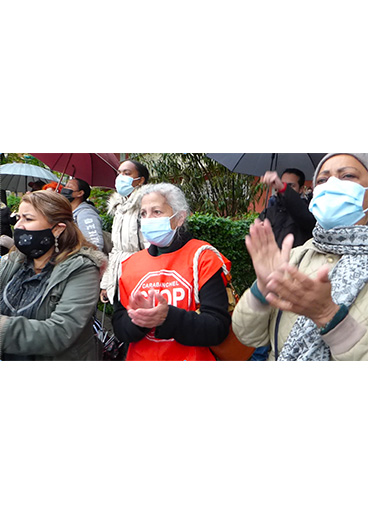
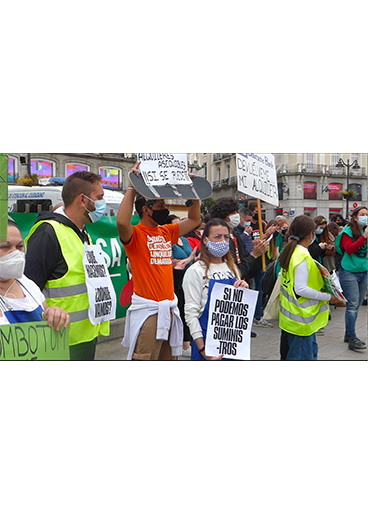
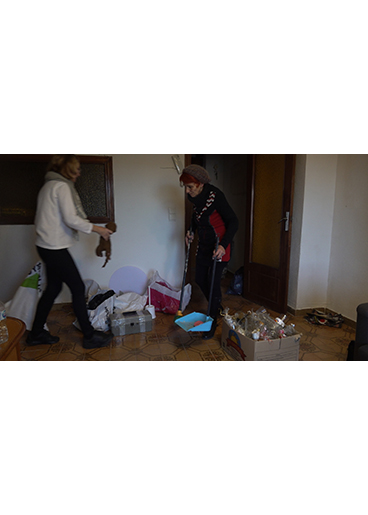
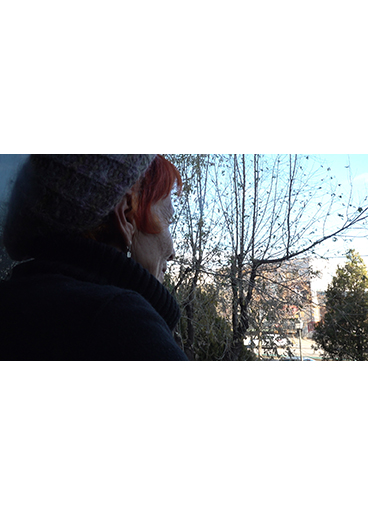
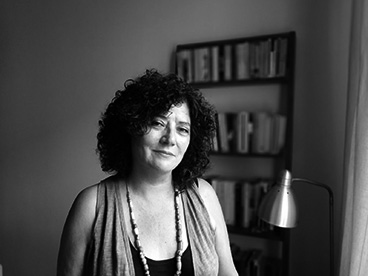 Georgina Cisquella
Georgina Cisquella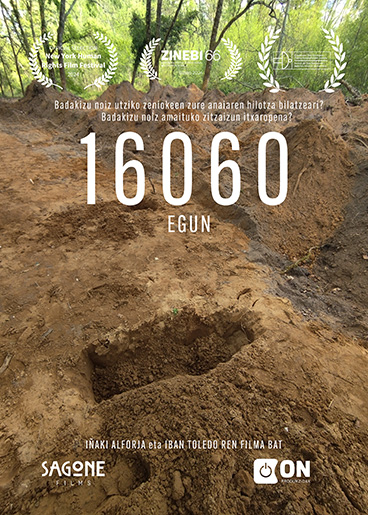
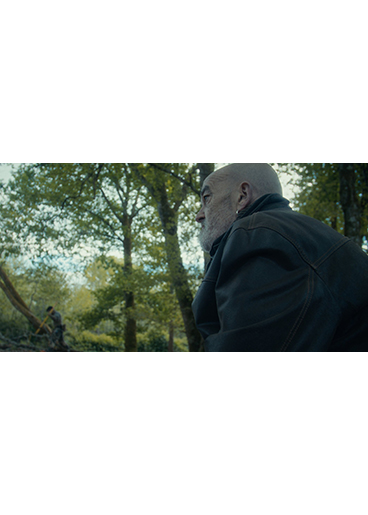
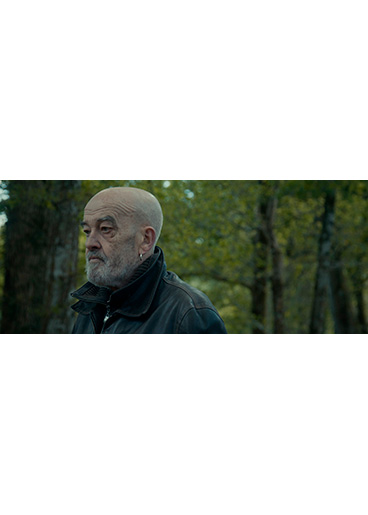
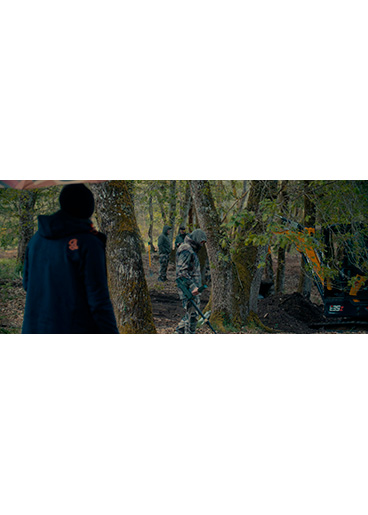
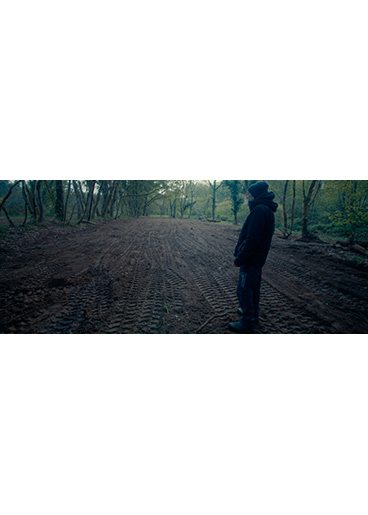
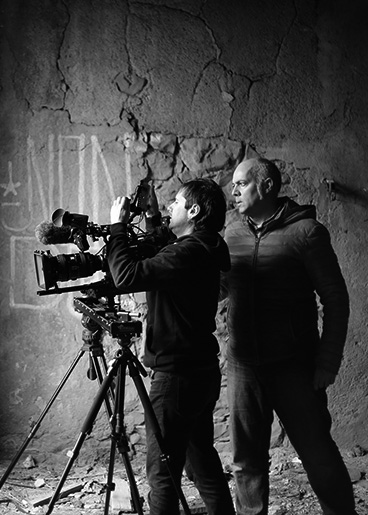 Iñaki Alforja, Iban Toledo
Iñaki Alforja, Iban Toledo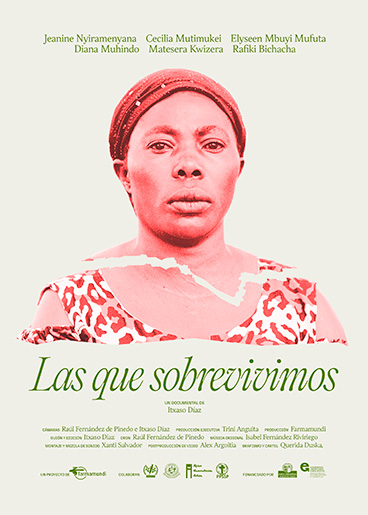
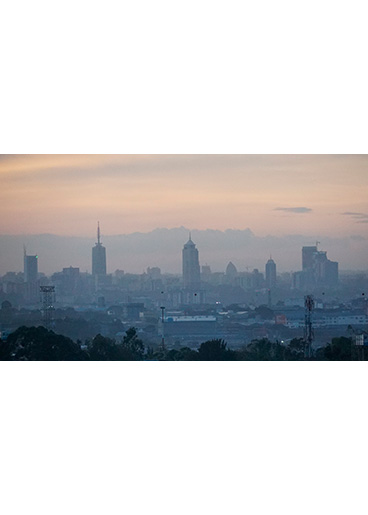
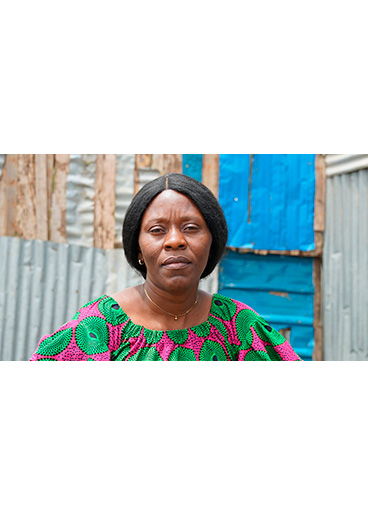
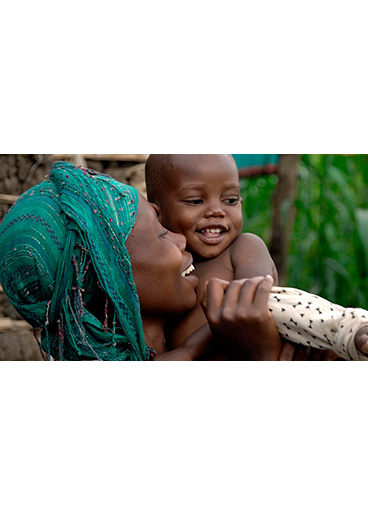
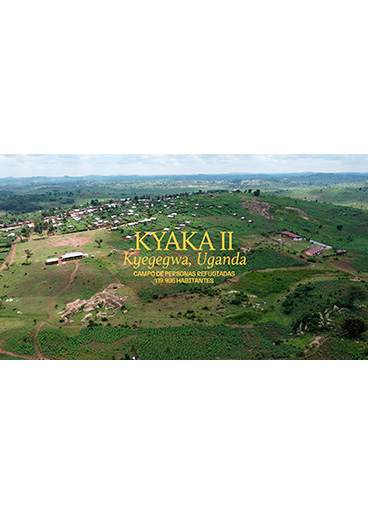
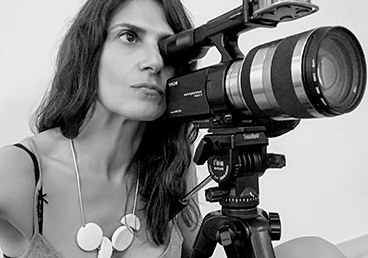 Itxaso Díaz
Itxaso Díaz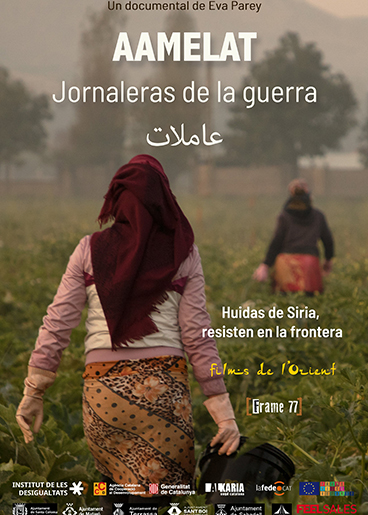
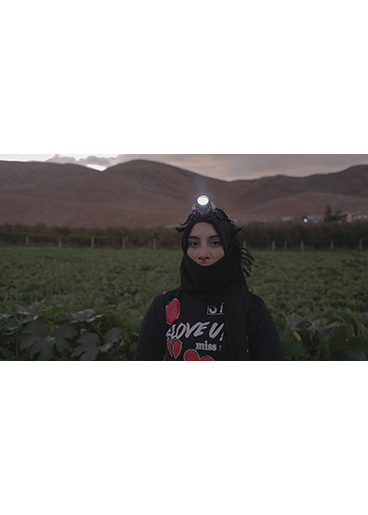
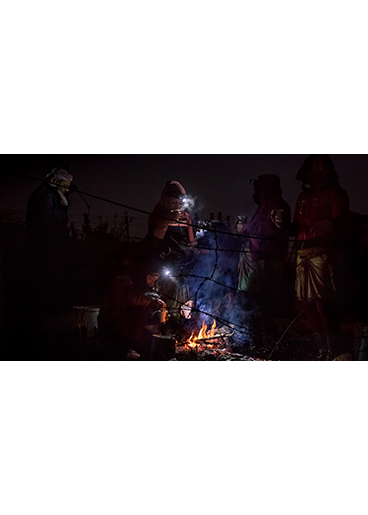
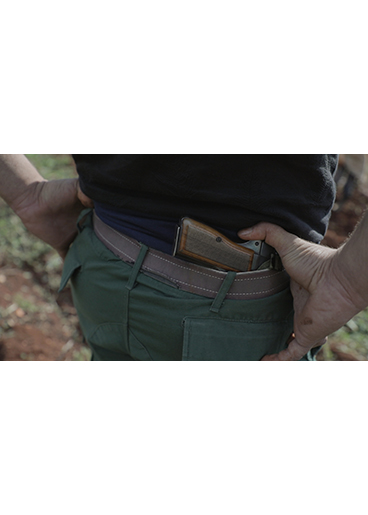
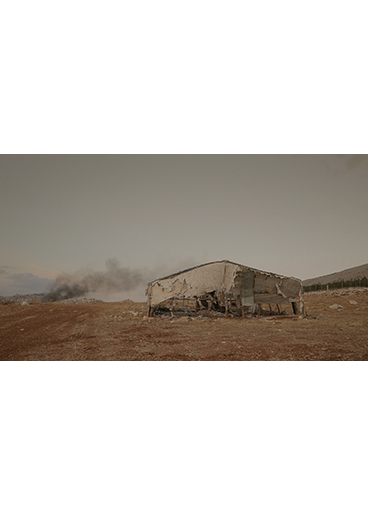
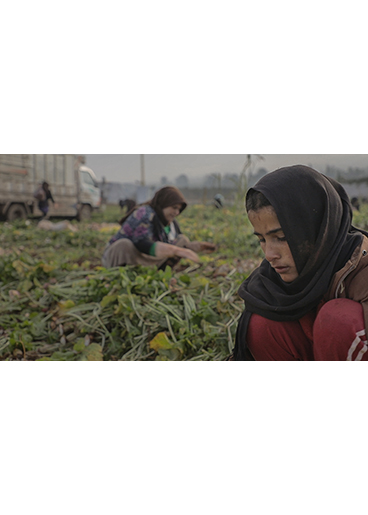
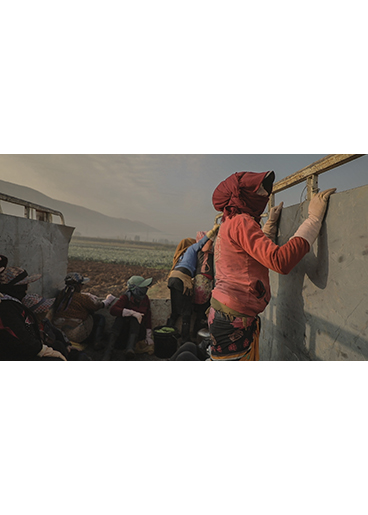

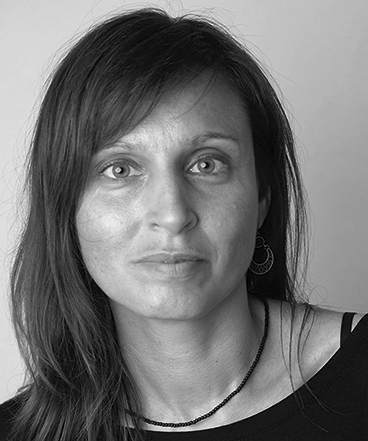 Eva Parey
Eva Parey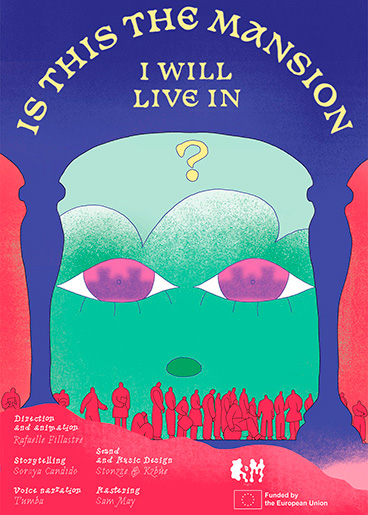
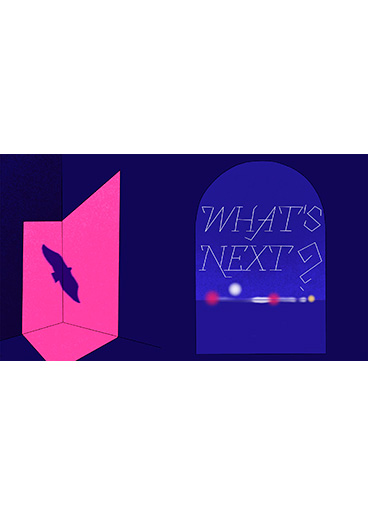
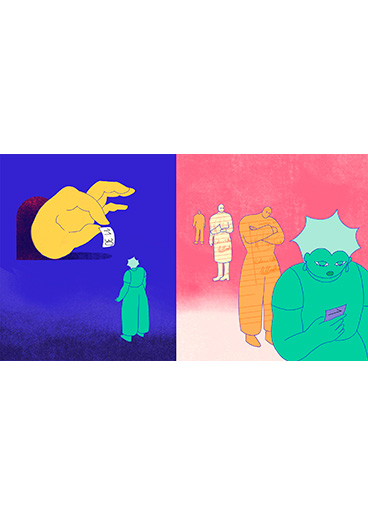

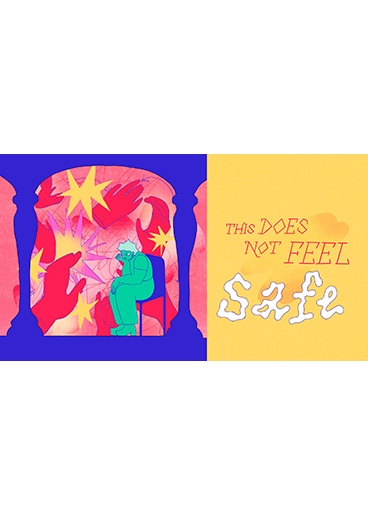
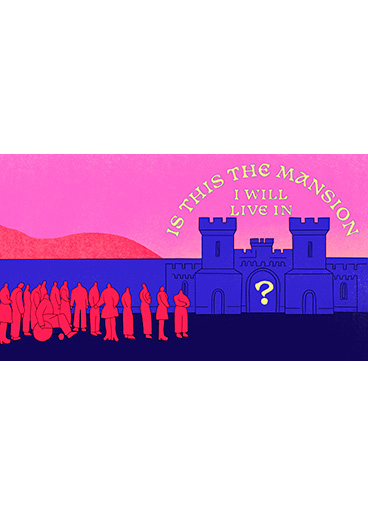
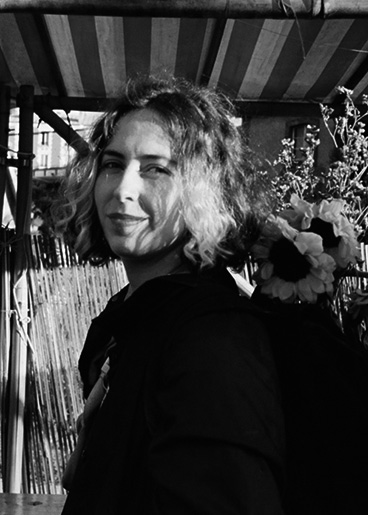 Rafaelle Fillastre
Rafaelle Fillastre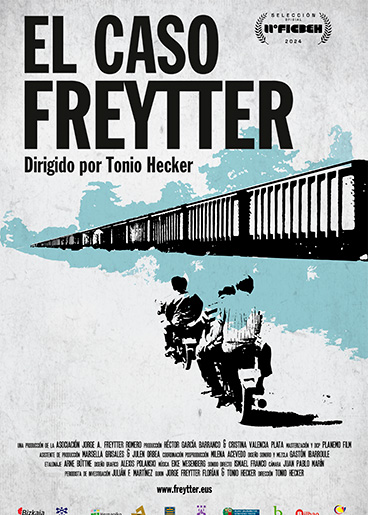




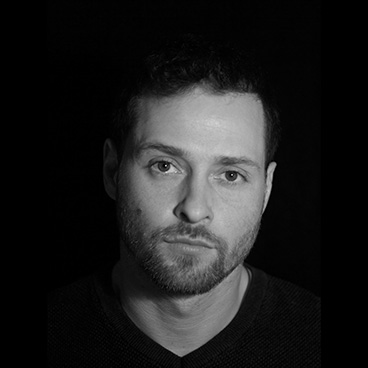 Tonio Hecker
Tonio Hecker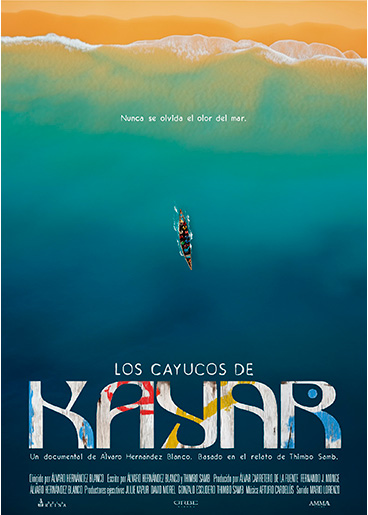
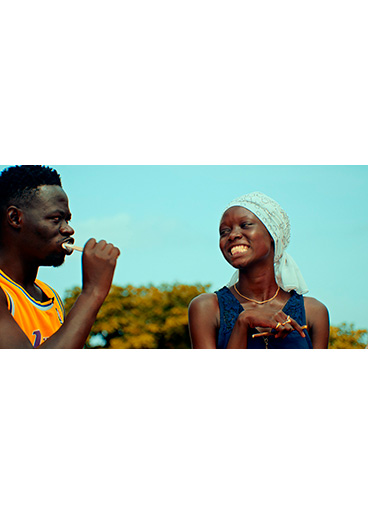
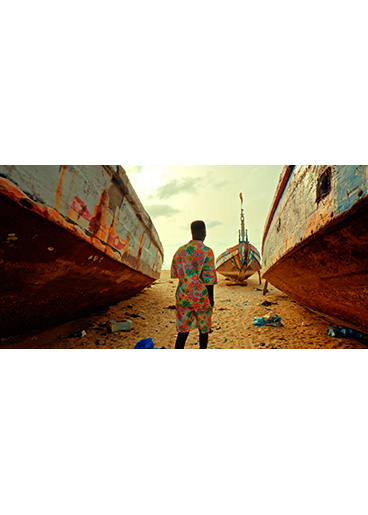
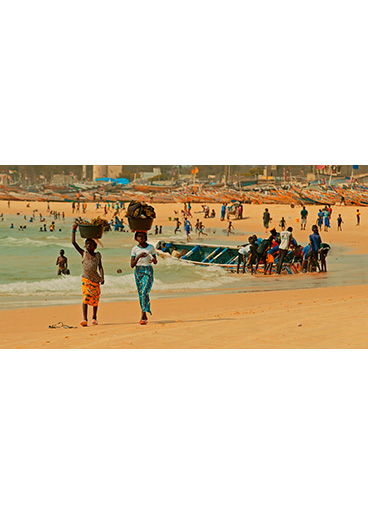
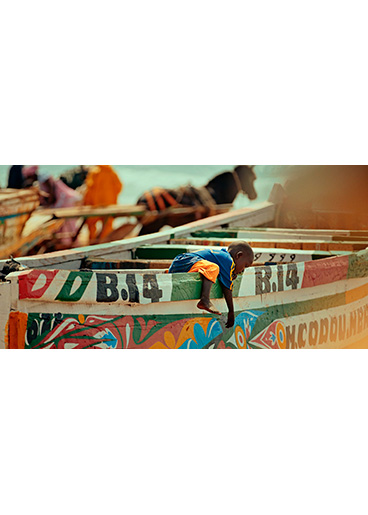
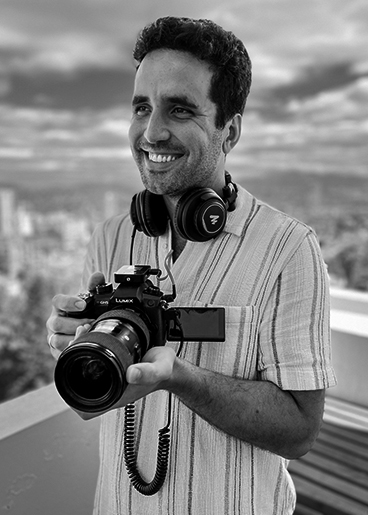 Álvaro Hernández
Álvaro Hernández